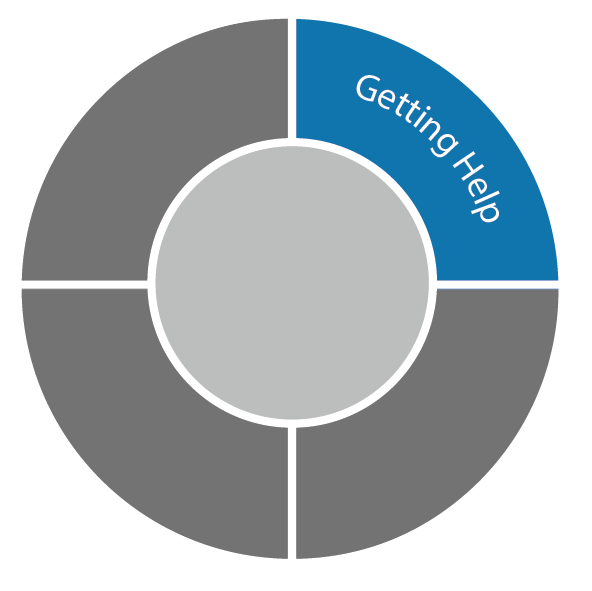
This grouping comprises those children, young people and families who would benefit from focused, evidence-based help and support, with clear aims, and criteria for assessing whether these aims have been achieved.
This group comprises those who need specific interventions focused on agreed mental health outcomes.
An intervention is any form of help related to a mental health need in which a paid-for professional takes responsibility for input directly with a specified individual or group.
The professional may not necessarily be a trained mental health provider, but may be a range of people who can provide targeted, outcomes-focused help to address the specific mental health issue.
Interventions are characterised by an explicit shared understanding from the outset of:
• what a successful outcome would look like
• how likely this is to occur by a specific date
• what would happen if this was not achieved.
Emphasis is placed on ending an intervention if it is felt not to be working or if the gains no longer outweigh the costs or potential harm.
Resources
- Getting Help 7 Minute Briefing
- THRIVE Framework Animation: Look out for the Getting Help section of the animation to see how children and young people have brought this needs based grouping to life.
Getting Help i-THRIVE Implementation Stories
These implementation stories provide examples of innovative ways sites are delivering support for children, young people and families who are in the Getting Help needs based grouping.
- Haringey’s First Step Service Model Aligned with the THRIVE Framework
- Next Step cards to facilitate goal based conversations with children and young people
- Cheshire and Wirral Partnership CAMHS Choice Clinic
- The innovative #Thrive service in Rochdale
- Social Mediation and Self Help (SMASH) in Schools
- Developing a Resilience in Schools Programme in Luton
- The Camden CAMHS in Schools Service
- An example of co-production to promote VIPP, an evidence based intervention, with the UK VIPP Unit
- How the More than Mentors Peer Mentoring Programme is aligned with the THRIVE Framework for system change
- Manchester’s Children and Parents Service: A model of best practice in sustainably building an integrated support pathway for families
- Longdendale High School’s whole school curriculum to support the emotional health and wellbeing of students, staff, and the wider community
- Level Up: safe steps to Secondary Schools
To access direct support from the programme team to assist with the implementation of the THRIVE Framework locally, please contact the team at ithriveinfo@tavi-port.nhs.uk.